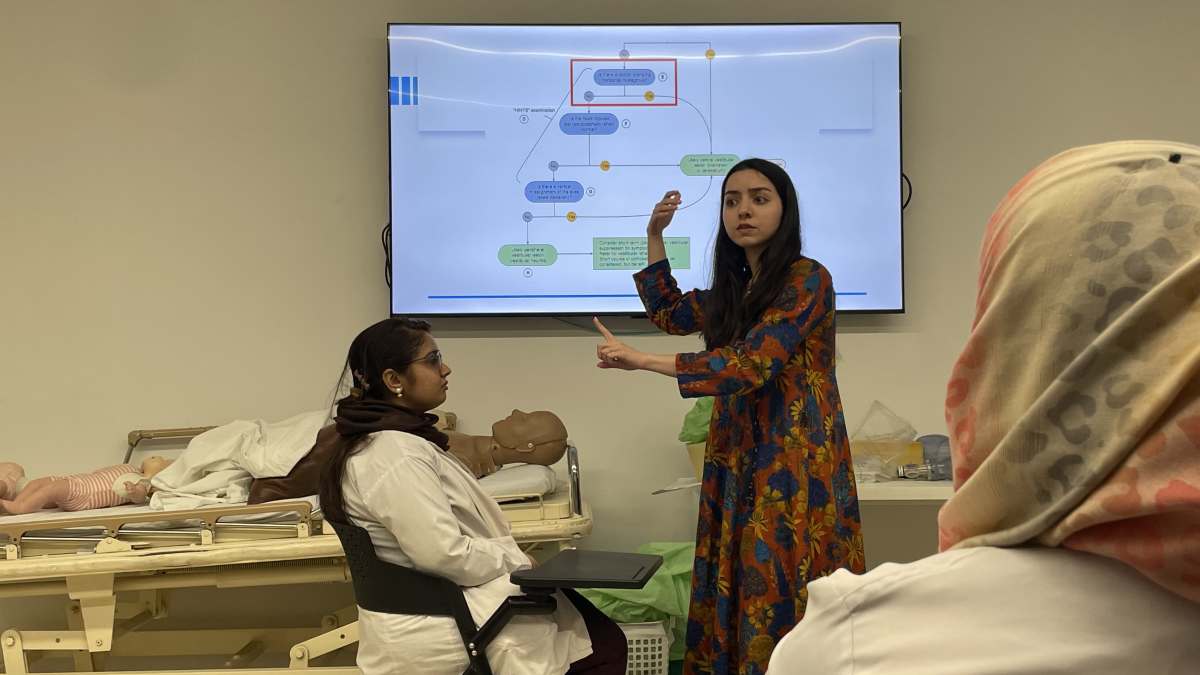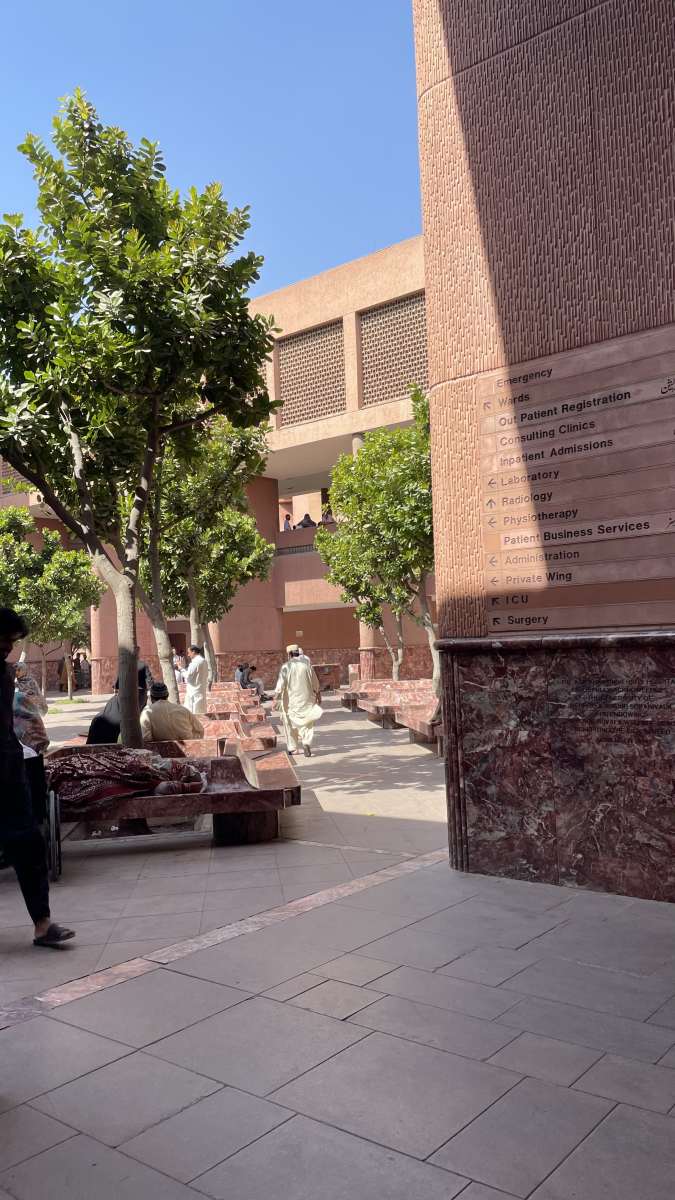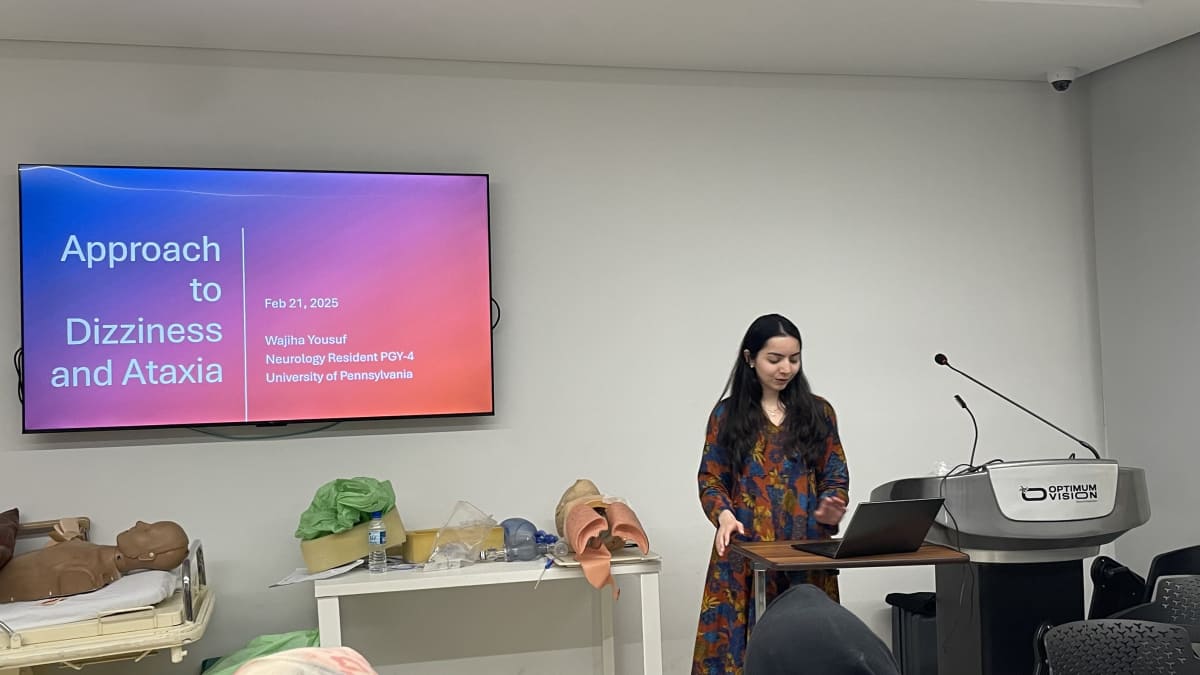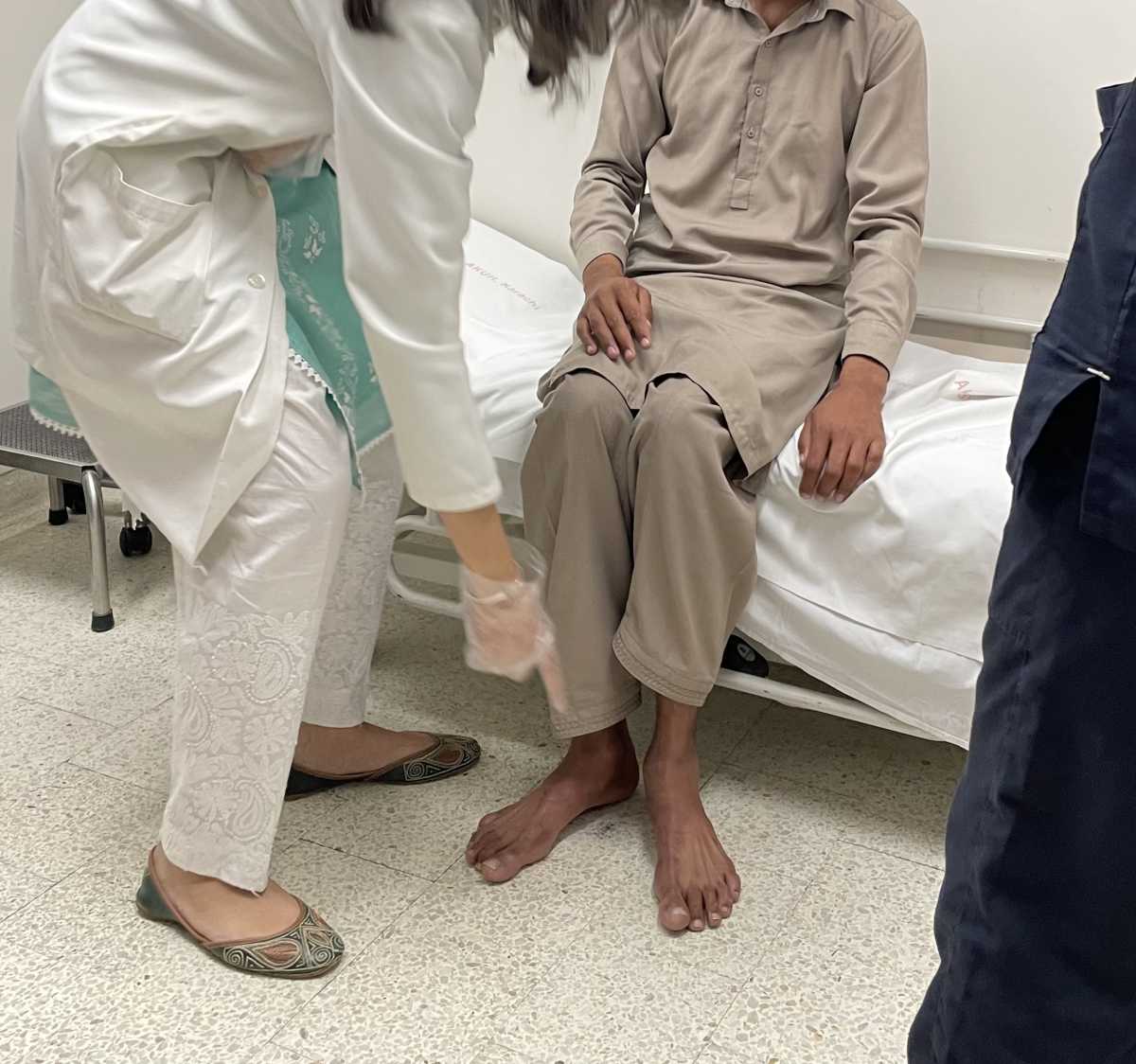As a neurology physician at the University of Pennsylvania, a high-resource healthcare setting, I have developed a solid foundation in the management of a wide array of neurological disorders. This proposal outlines an elective in neurology at Aga Khan University (AKU) in Pakistan, aimed at enhancing clinical skills in a resource-limited environment with different disease epidemiology’s. The second aspect of the project is to contribute to educational outreach through an independent org Health Tech Without Borders (HTWB).
1. Clinical Exposure at AKU:
- Gain hands-on experience in both inpatient and outpatient neurology settings at AKU.
- Understand the impact of socio-economic factors on neurological healthcare delivery in a developing country.
- I have also started discussions with physicians in their department about the potential of bringing a portable EEG device (donated by a startup) for their more rural hospital sites.
2. Educational Development work with HTWB:
- Collaborate with HTWB to create educational video content targeted at primary care providers (particularly those delivering care in rural environments).
- Assess the knowledge gaps in neurology training among primary care providers
in Pakistan.
- Develop educational video content about neurologic history/exam, headache management, seizure management, red flag signs that warrant urgent/emergent referral.
3. Cultural Competence:
- Foster increased cultural sensitivity and understand the cultural barriers to healthcare in Pakistan by interacting with diverse patient populations.
- Learn to practice medicine in a language I am currently colloquially fluent in but aspire to be medically fluent in.
Underserved Patients:
EEGs are not readily available even at major centers much less smaller hospitals. Traditional EEGs require technical skills to place on the patient and operate however new startups have created devices that are very easy to operate (and that we successfully implemented in rural Tanzania). If we are successful with bringing the portable EEG device (after clearing some legal processes), patients seen at less urban hospital sites in Pakistan will now have access to a diagnostic tool (that can be remotely read by physicians) that was not available to them before.
Primary Care Providers:
Currently PCPs in rural sites operate in areas with high patient volumes and without having undergone formal residency training. Through HTWB our goal will be to work with primary care providers to create educational content that will equip them with practical neurology clinical skills to improve their practice.
• Enhanced Clinical Skills: Improved understanding of neurology in a global health context, with practical experience in resource-limited settings contrasting with my training at a high-resource institution.
• Educational Impact: Creation of accessible educational resources for primary care providers, aimed at improving neurological care in underserved communities.
• Longitudinal Evaluation: Comprehensive assessment of the educational videos’ effectiveness and their role in enhancing provider knowledge and patient care in a sustainable manner.
• Cultural Insights: Greater appreciation for the challenges and successes of healthcare delivery in Pakistan, enhancing my ability to provide culturally competent care in diverse settings.










With the help of Dox Foundation, I was able to spend time in Pakistan learning about how neurology care is delivered at both a community level and a tertiary academic centre level. I also had the opportunity to work with Emergency Medicine residents that work at a different hospital without access to Neurology. We discussed neuro-emergencies and management of common neurological presentations in the ER.
The project to bring portable EEGs to underserved communities in Pakistan is still ongoing. I have identified a startup that is already working on supplying it to one major city in Pakistan and through continued efforts/partnership hope to be able to make it available to patients in rural communities in Karachi, Pakistan in the near future.
Overall, the trip was a highly rewarding experience and I plan to return to work in Pakistan in the future to establish sustainable global health initiatives.